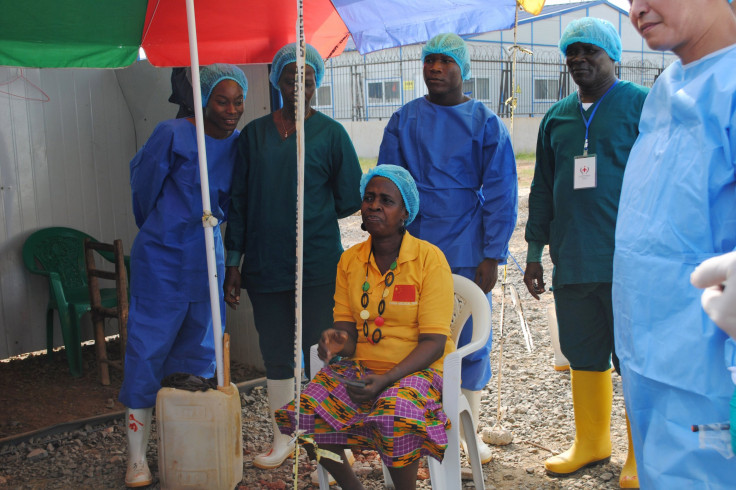Ebola Survivors Urged To Practice Safe Sex After Virus Detected In Semen Six Months Later

The World Health Organization urged Ebola survivors Wednesday to abstain from having sex or use condoms “until further notice” after a sample of a man’s semen tested positive for the deadly virus six months after he was considered Ebola-free in Liberia. “He has provided a semen sample which has tested … positive for Ebola, 175 days after his negative blood test,” WHO spokesman Tarik Jasarevic told Agence France-Presse in an email Wednesday. “We need to understand better if this particular case is an anomaly or if there really are groups of people who might [carry] parts of the Ebola virus longer.”
WHO officials are conducting studies and discussing whether Ebola survivors should be regularly screened three months after being declared free of the disease, AFP said. “We should have answers to allow us to give more definitive advice to survivors very, very quickly,” Bruce Aylward, who heads WHO’s Ebola response, told reporters last week.
There have been no reports so far of live Ebola virus detected in a female survivor’s vaginal secretion. However, fears arose in Liberia last month that the country’s newest Ebola case resulted from sexual transmission. Deputy health minister Tolbert Nyenswah, who heads Liberia’s Ebola response, said there was evidence to suggest the patient, a 44-year-old woman who died from the virus, may have contracted Ebola through sexual contact. “Ebola survivors should consider correct and consistent use of condoms for all sexual acts beyond three months until more information is available,” Nyenswah told Reuters.
WHO had previously recommended that male survivors avoid sexual acts or practice safe sex using a condom for at least three months after recovery because traces of Ebola had still been found in survivors’ semen within that period. “For greater security and prevention of other sexually transmitted infections, Ebola survivors should consider correct and consistent use of condoms for all sexual acts beyond three months until more information is available,” the United Nations health agency said in a statement last week.
The deadliest outbreak of Ebola on record hit West Africa in late 2013 and has since killed more than 10,600 people, mostly in Liberia, Sierra Leone and Guinea.
© Copyright IBTimes 2025. All rights reserved.





















